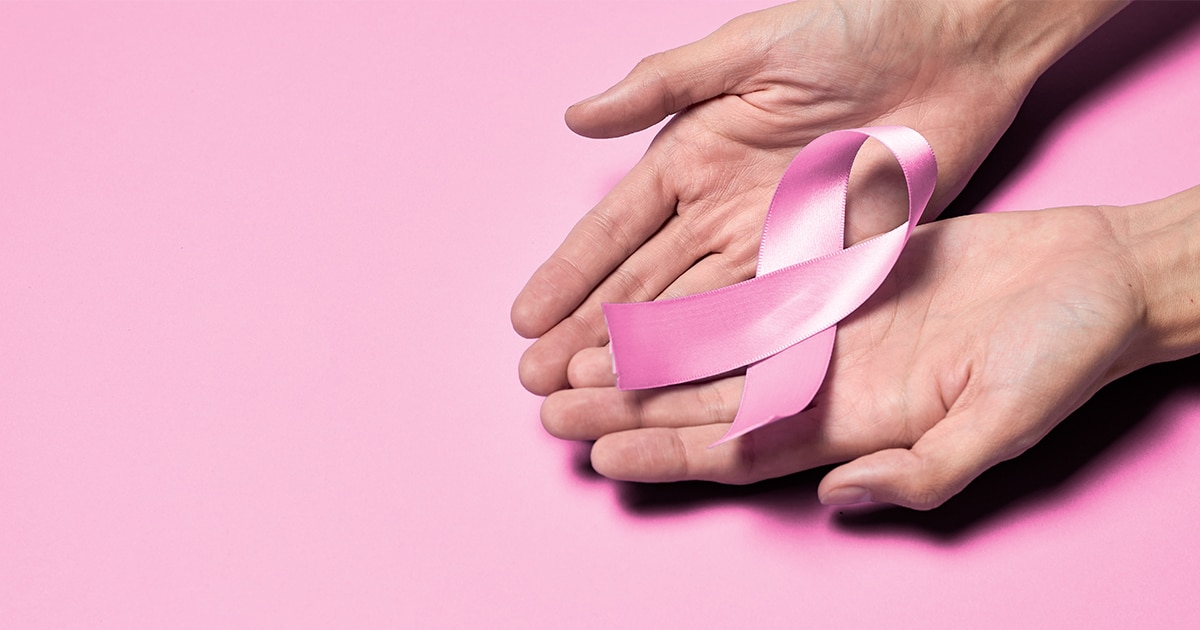It’s a brand-new year – let go of the guilt!

Local Women columnist and expert business coach Joanne Denton explains that self-care isn’t selfish … but is guilt making you think that it is?
For decades, many of us have poured ourselves into our careers, families, and responsibilities, striving to meet every expectation and keep everyone else happy.
And somewhere along the way, the simple act of putting ourselves first, for even a moment, has started to feel, well, wrong.
Selfish, even lazy.
Cue the guilt.
That persistent, nagging voice says, “How can you think of doing something for yourself, when there’s chores to be done, kids to be picked up, deadlines to be met?”
How often have you let guilt hold you back from carving out time for yourself?
You know what – it’s a brand-new year! Why don’t you start the year by rewriting the narrative and letting go of the guilt.
THE ROOTS OF GUILT
Guilt is a byproduct of the narratives you’ve internalised over time—about what you should or shouldn’t do. Sometimes guilt is helpful: it signals when your actions don’t align with your values.
But there’s another type of guilt—one that isn’t rooted in values as such but in outdated societal programming.
Take this scenario: You decide to end work “early” (say 6 p.m. instead of your usual 10 p.m.) to relax, take a bath, and cook yourself a nourishing meal. But almost instantly, guilt sets in. “You should be working,” it whispers.
Why? Because somewhere along the line, we learned to equate power with productivity. This deeply ingrained belief keeps you locked in a cycle of overwork and self-neglect.
This is unjustified guilt. And it’s a major roadblock to self-care.
THE WEIGHT OF SOCIETY’S EXPECTATIONS
As a woman, you have probably also internalised comments about putting others first. If you are a mum, you may also have got into the habit of making sure the kids were ok before you looked after yourself. And you may still have those same reflexes even if the kids are now teenagers or even grown adults.
Here’s the truth: You don’t need to justify to anyone your own well-being or time for yourself. The expectation to explain why you need rest is a distraction from what truly matters—your well-being. You don’t have to keep putting this off until some unspecified time in the future when everyone else is taken care of.
THE COST OF LISTENING TO GUILT
Now, imagine yourself five or ten years from now. If you continue letting guilt dictate how you look after yourself, what will your health and happiness look like?
I know this pattern well. Before I became the Ridiculous Coach, I was a marketing professional, climbing the corporate ladder. By 2014, I was a director at a global firm, traveling the world and achieving career milestones.
But behind the scenes, I was burning out—for the second time in five years. Why? Because I believed that taking time for myself was lazy, unproductive, and self-indulgent. I prioritized work over well-being, and it took a toll.
If this sounds familiar, it’s time to rewrite your self-care story before burnout becomes your reality.
REWRITING YOUR SELF-CARE STORY
Breaking free from guilt requires a shift in perspective. Here’s how you can start:
1. Recognize the Source of Your Guilt
Ask yourself: Is this guilt justified or unjustified?
If it’s justified—meaning you’ve acted against your values—use the guilt as a guide to course-correct. But if it’s unjustified, rooted in societal expectations or perfectionism, it’s time to challenge it.
The best way to combat unjustified guilt? Keep doing the things that trigger it! Take another bath. Shut the laptop early again. With practice, the discomfort will fade, and self-care will feel less like indulgence and more like necessity.
2. Reconnect with Your Values
Your values are the foundation of your life. If kindness and generosity are values you show every day to others, why not apply them to yourself, too?
Write down what matters most to you and reflect on how self-care supports those priorities. When you align your actions with your values, self-care stops feeling selfish and starts feeling essential.
3. Build the Muscle of Prioritising Yourself
Taking time for yourself is a skill—one that requires practice. Yes, it might feel uncomfortable at first, especially if unjustified guilt has been the norm. But the more you show up for yourself, the more natural it becomes.
Lean into the discomfort and keep showing up for yourself.
A FINAL THOUGHT
You don’t need permission to care for yourself. You don’t need to justify your rest, your breaks, or your boundaries to anyone—not your boss, your partner, or your mother.
The only person you’re truly accountable to is the one in the mirror.
Take care of her. She deserves it.
JD SPEAKING AND STRATEGY LTD. | RIVER HOUSE, 48-60 HIGH STREET, BELFAST, BT1 2BE
📞 TEL: +44 (0)7790585297 | ✉️ EMAIL: JOANNA@JOANNADENTON.COM | 🌐 WWW.JOANNADENTON.COM
4o










